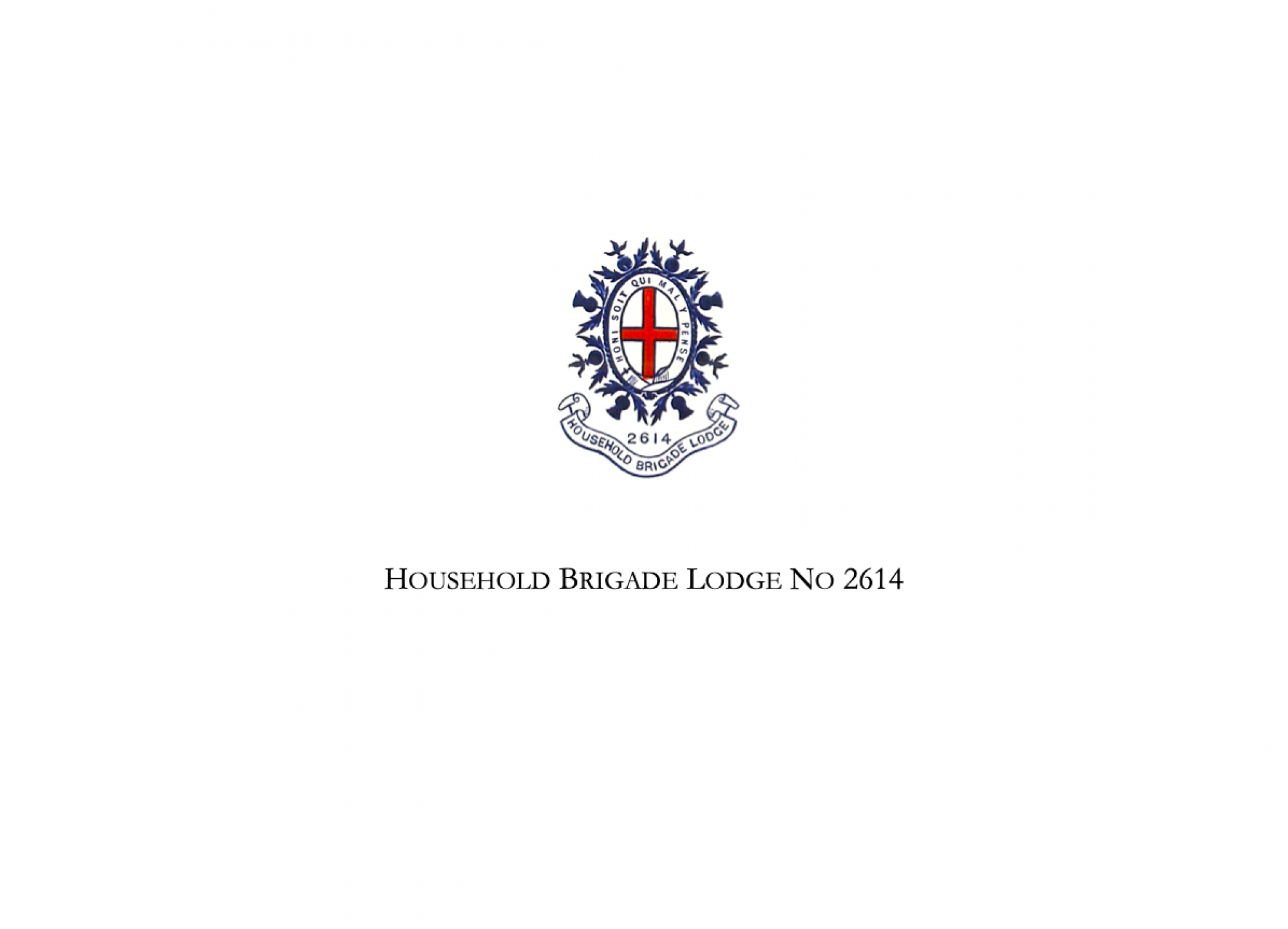Lt Colonel Horace Robert Stopford Coldstream Guards was killed in action at the battle of Modder River in South Africa in 1899 shot whilst leading the 2nd Battalion. He was 44.
He went to Eton before commissioning into the 46th Foot in 1874, transferring to the Genadiers the following year. He served as an extra ADC to the GOC Ireland from 1881 to 1882 followed by a stint as Commandant of the School of Instruction for Auxiliary Forces at Wellington Barracks. He was promoted Captain in 1885 and Major in 1893 and exchanging into the Coldstream the same year.
He commanded the 2nd Bttn Coldstream Guards during the Boer or South African War. Following the disastrous start to the war, 21 November saw the 2 battalions of the Coldstream advanced to relieve Kimberley. the 23rd saw fighting at both Belmont and then Modder River, where the battalions were under fire for some twelve hours, suffering 92 casualties including Stopford. The advance continued with the battle of Magersfontein on 11 December costing the life of Stopford’s brother officer and CO of the 1st Bttn, A E Codrington. The 2nd battalion’s losses were The battalion’s losses were 2 officers and 10 men killed, and 1 officer and 56 men wounded.
Maurice, in his history of the war* describes the tactical situation at Modder River “the original orders for the battle had directed that, when the Grenadier and Scots Guards had carried Gun Hill, the two Coldstream battalions should reinforce them and support the 9th brigade in the attack on Mont Blanc. When, therefore, Gun Hill appeared to be occupied by his leading battalions, Major-General Colvile ordered the Coldstream to advance, the 1st Battalion on the right, the 2nd on the left, but as they approached Gun Hill they came under a heavy fire from the Razor Back and the Sugar Loaf.
To meet this attack they changed front half right, and gradually inclined still more to this direction until the Razor Back and Sugar Loaf Hills became the objects of their attack. General Colvile, desiring to arrest this movement, which threatened to become a purely frontal attack over most unfavourable ground, despatched his brigade-major, Captain H. G. Ruggles-Brise, to halt these two battalions. Ruggles-Brise succeeded in reaching the 2nd battalion, and led part of them back to Gun Hill, whence a portion of them, under command of Major H. Shute, were immediately despatched by Major-General Colvile to re-establish connection with the 9th brigade. This detachment gradually worked northwards towards Table Mountain, and joining hands with Brevet Lieut.-Col. Pulteney’s company of Scots Guards, to which reference has already been made, took part in the capture of the northern extremity of the western range.
But the remainder of the 2nd battalion of the Coldstream under Lt Col H R Stopford, and the 1st Battalion, under Lieut.-Col. A. E. Codrington, were beyond recall; they pressed forward, and, materially aided by the fire of the 18th battery, assaulted and carried the Razor Back and Sugar Loaf kopjes. Captain J. T. Sterling, who commanded a company of the reserve of the 1st Coldstream, marching in rear of the remainder of the battalion, became aware that the hills to the south of the Sugar Loaf were occupied by Boers. Fearing that these burghers might attack Codrington in flank, Sterling, deviating from his proper line of advance, moved his men against them, in rushes of sections, at five paces interval, and using independent fire. That there were many of the enemy opposed to him is proved by the fact that he lost 20 men out of his company, 110 strong; but his prompt action prevented the counter-stroke which he had anticipated.”
He was Mentioned by Major General Colville “the advance of his battalion was distinctly well performed”.
The funeral was conducted by W E Sellers, as he recalled in his memoirs from Aldershot to Pretoria, at the request of Stopford’s friend the Marquis of Winchester. Two weeks later Sellers would conduct Winchester’s funeral and see that they were buried side by side.
He was initiated into Lodge No 143 in Ireland.
* Frederick Maurice: History Of The War In South Africa 1899-1902
